Tokyo, United Nations University, 25 November, 4.00pm
Good afternoon,
I have concluded a visit to the Norht-East Asia region in my capacity as Special Rapporteur on the situation of human rights in the Democratic People’s Republic of Korea. The visit started in the Republic of Korea and continued here in Japan.
I would like to thank the Government of Japan for facilitating this visit, which is the first to the region since my appointment in August this year. I would also like to thank the UN Office of the High Commissioner of Human Rights in Seoul for their assistance.
During this visit I had the opportunity to exchange with officials from the Ministry of Foreign Affairs, Cabinet Headquarters on the Abduction Issue, the Ministry of Justice, the National Police Agency, the Cabinet Intelligence Office as well as with members of the Parliament. I also met with families of abduction victims and persons who left the DPRK. I had very useful conversations with members of civil society and the academic community.
Let me reiterate the call that I made in Seoul earlier this week to adopt a people-centered approach to improve the human rights situation in the DPRK. I have spoken to many women and men who left the DPRK. I was particularly moved by their testimony, as well as their resilience.
I also met people who have lost trace of close relatives as a result of abduction. All the victims to whom I talked are going through enormous suffering. Some family members have passed away after a long and unfinished struggle to have their loved ones returned. My longtime work with victims of enforced disappearances in my own country Argentina makes me fully appreciate the necessity to understand the reality of the victims.
I congratulate all civil society organisations and victims group to whom I spoke for their dedicated work on improving the situation of human rights in the DPRK. I am impressed by the diverse methodologies that have been taken to address this complex situation. Some organisations are more active on monitoring and documenting cases of human rights violations, while others are trying to promote concrete changes on the ground through engagement with the DPRK authorities. Regardless of the approach, it is important to continue this work and I will continue to support these efforts.
As you may be aware the Office of the High Commissioner for Human Rights has appointed a Group of Independent Experts whose task is to identify alternatives for accountability for human rights violations in the DPRK. They will arrive in Tokyo tomorrow. The group is also expected to submit their findings to the Human Rights Council in March 2017.
On 15 November, the Third Committee of the UN General Assembly passed another resolution, calling for accountability for human rights violations in the DPRK. Another meeting is scheduled next month at the Security Council to discuss the country’s human rights situation.
Once again, let me thank all those with whom I met during this visit and I look forward to working with them.
Let me now open up the floor to any questions.
